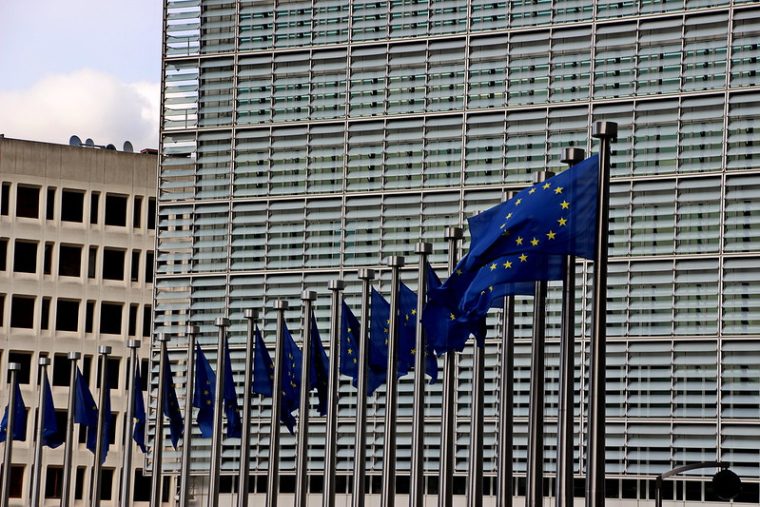
The EU’s new Digital Markets Act is designed to establish a more equitable and competitive digital market by regulating large tech platforms known as “gatekeepers”. When the law entered into application on May 2, tech companies had until July 3 to notify the European Commission if they believed they met the requirements to be designated as gatekeepers.
The Commission received notifications from seven large tech companies, indicating they may qualify under the law’s criteria. These companies were Alphabet, Amazon, Apple, ByteDance (TikTok), Meta (Facebook & Instagram), Microsoft, and Samsung. As gatekeepers, these companies will have to comply with a set of obligations and are prohibited from engaging in certain practices that give them an unfair advantage over smaller rivals.
The aim of the Digital Markets Act is to create a leveled playing field in the digital sector by imposing rules on gatekeepers that have entrenched market power and act as intermediaries between business users and consumers. To qualify as a gatekeeper, a company must meet three thresholds: have a strong economic position, significantly impact the internal market, and be active in multiple EU countries.
Gatekeepers Could Take Fines of Up to 20% of Their Global Turnover
Once designated, gatekeepers face “dos and don’ts” under the law. They must provide third-party interoperability, allow advertisers to independently verify ads, and allow business users to promote offers outside of their platforms. However, they cannot favor their own services and products in rankings, prevent consumers from linking to external businesses, or track users without consent for targeted ads.
Also read: Best LinkedIn Marketing Agencies for 2023
Non-compliance could result in fines of up to 10% or 20% of global annual turnover for repeated infringements. The Commission can also impose periodic penalty payments of up to 5% of the firm’s average daily turnover. In cases of systematic violations, the Commission may conduct market investigations and impose additional remedies, potentially including structural changes.
The designations aim to provide greater legal certainty for platforms while addressing regulatory fragmentation across EU member states. The Commission now has 45 working days to assess whether the seven notified companies meet the gatekeeper thresholds and formally designate them. Once designated, the companies will then have until March 6, 2024, to comply with the rules set forth by the DMA.
Combined, the seven companies selected as gatekeepers are worth multiple trillions of dollars. Their reach is quite ample in the digital economy with Google and Microsoft (MSFT) being the market leaders of the online search industry while Meta Platforms and ByteDance dominate the social media space.
What is the DMA Aiming to Accomplish?
The obligations for gatekeepers are designed to enable greater business opportunities for competitors, startups, and businesses that depend on large platforms to reach customers. Consumers may also benefit from more and better online services and offers. For designated companies, the DMA establishes a predictable framework for how they must operate in the EU’s digital market going forward.
Proponents argue that the new rules are necessary to curb the market power of tech giants and ensure fairer competition. However, critics have voiced concerns that the regulations may be too rigid and fail to keep pace with the fast-changing digital ecosystem.
The Commission has said that it will conduct ongoing market investigations to monitor gatekeeper’s behavior and potentially update requirements based on how the industry evolves.
The designations of Europe’s first gatekeepers under the DMA will be a major milestone and test of the new rules. How the seven notified companies respond to the obligations over the coming months will shape how effectively the law is able to address competition concerns in the tech sector and rein in the power of large platforms.